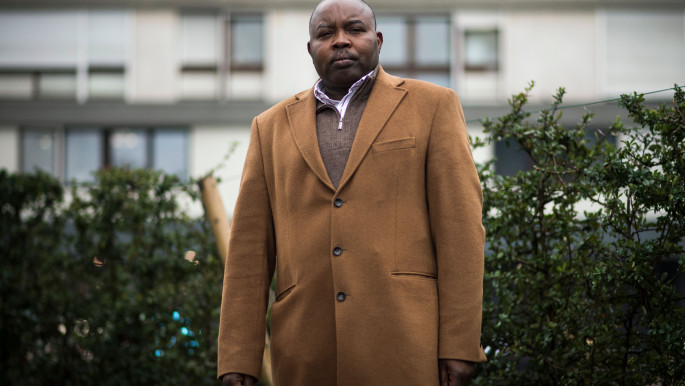Sudan urges UN to withdraw Darfur peacekeepers by 2020
Sudan's UN Ambassador Omer Mohamed Siddig told the council it's time to shift from peacekeeping to peacebuilding in Darfur, and end restrictions on the government's movement of arms and troops in-and-out of the region.
The Security Council voted unanimously in late June to postpone the withdrawal of the joint UN-African Union peacekeeping force from Darfur as the country dealt with a political crisis.
It extended the mandate of the force, known as UNAMID, until 31 October, and it asked the UN and AU to make recommendations by 30 September on what the council should do about continuing the withdrawal.
The Darfur conflict began in 2003 when ethnic Africans rebelled, accusing the Arab-dominated Sudanese government of discrimination.
The government in Khartoum was accused of retaliating by arming local nomadic Arab tribes and unleashing them on civilian populations - a charge it denies.
In recent years, as the result of a successful government military campaign, the rebellion has been reduced to a rebel Sudan Liberation Army faction headed by Abdul Wahid Elnur in Jebel Marra.
 |
|
| SLA faction leader Abdul Wahid Elnur has so far refused to join the Darfur peace process [Getty] |
In July 2018, the Security Council voted to dramatically cut the UNAMID force in response to reduced fighting and improved security conditions. The target for ending the mission is 30 June 2020.
Smail Chergui, the AU commissioner for peace and security, told the council that Darfur still faces "intermittent armed clashes" between government forces and Elnur's rebels, who also have abducted civilians and staff of non-governmental organisations [NGO] for ransom, robbed commercial trucks and looted property of local media and humanitarian organisations.
UN peacekeeping chief Jean-Pierre Lacroix and Chergui both expressed concern about growing tensions between farmers and herders in Darfur, and the AU commissioner said the current farming season is likely to see more land-related violence.
Chergui said inadequate judiciary, police, prosecution and prison facilities outside the main urban centers are also having "an adverse impact on the security situation and in ensuring accountability for serious crimes and human rights violations".
A power-sharing agreement signed earlier this month between the military and protesters calls for the government to reach a peace agreement with armed groups within six months.
Elnur's SLA faction has so far refused to join the Darfur peace process. And the Sudan People's Liberation Movement North, led by Abdel Aziz al-Hilu, which has fought against Sudanese security forces in Blue Nile and South Kordofan states for much of the last decade, has also refused to talk peace.





 Follow the Middle East's top stories in English at The New Arab on Google News
Follow the Middle East's top stories in English at The New Arab on Google News
![The 2024 US presidential election could see a number of scenarios. [Brooke Anderson/TNA]](/sites/default/files/styles/image_330x185/public/2024-11/465246276_10161518878405709_4892796787428094119_n.jpg?h=ddb1ad0c&itok=d_sK5sIG)

